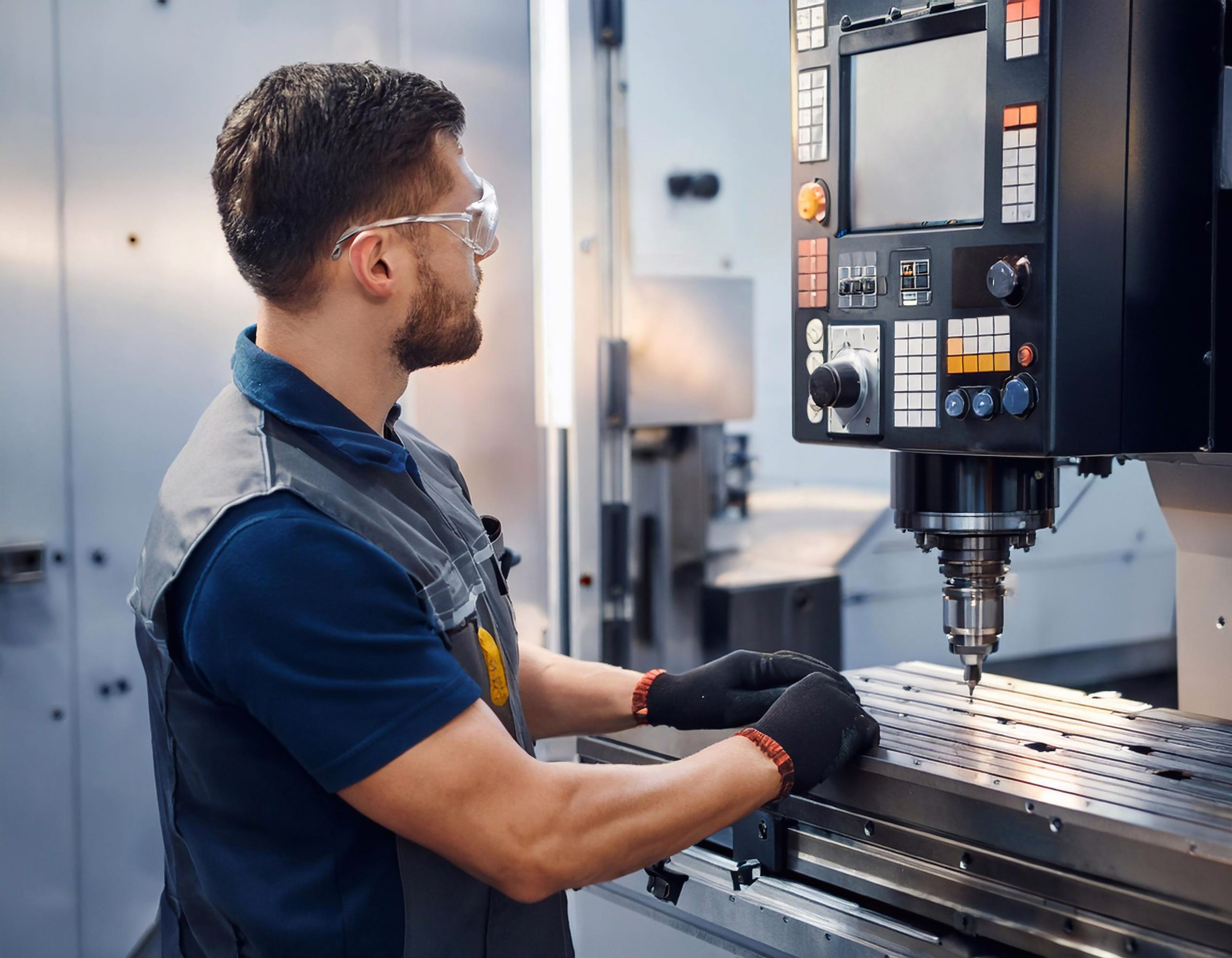CNC Tapping: Boosting Threading Accuracy and Efficiency with Automation
07 April 2025
Precision and reliability define Kinetic Engineering’s CNC tapping services, designed to optimise production and meet exacting industry standards.
CNC tapping enhances threading precision and operational efficiency in manufacturing processes. This advanced method ensures consistent thread quality, meeting the demands of industries that require high-performance components.
Minimising Threading Defects with Automated Tapping
Automated computerised tapping process reduces threading defects such as cross-threading, misalignment, and thread deformation. The precision of automation ensures consistent thread quality across all production batches, meeting stringent manufacturing standards.
Advanced monitoring systems built into automated tapping machines detect and correct deviations in real-time. This capability minimises errors and ensures every component meets exact specifications without requiring manual adjustments.
The efficiency of automated tapping also optimises resource utilisation by reducing waste caused by defective threads. Manufacturers benefit from improved product reliability and lower production costs while maintaining high-quality outcomes.
Investing in CNC Tapping for Long-Term Efficiency
Implementing CNC tapping technology delivers measurable long-term benefits for manufacturers. Enhanced accuracy and speed improve production timelines, resulting in higher throughput without compromising quality.
Cost savings are realised through reduced labour requirements and fewer defective products. Over time, these efficiencies contribute to a more sustainable and profitable manufacturing operation.
CNC Tapping for Various Material Applications
CNC tapping is widely suitable for threading operations across a broad range of materials. This adaptability ensures precise and consistent results, even when working with materials of varying hardness and properties.
• Steel: CNC threading process produces highly accurate threads in steel, essential for high-stress applications in industries like automotive and construction.
• Aluminium: Lightweight aluminium benefits from specialised tapping tools that prevent galling, ensuring clean and precise threads for aerospace and electronics.
• Brass: The softness of brass requires careful handling during threading, and the CNC threading process guarantees fine threads for plumbing fixtures and electrical connectors.
• Plastics: CNC threading process delivers smooth and reliable threads in plastics, making it ideal for components used in medical devices and consumer goods.
• Composites: Precise settings during the CNC threading process ensure reliable threads in composite materials used in aerospace and automotive applications.
• Stainless Steel: Hard metals like stainless steel require rigid tapping techniques, and the CNC threading process achieves consistent results while minimising tool wear.
• Copper Alloys: Ductile materials like copper benefit from roll tapping, which forms strong threads without cutting the material, reducing waste during production.
• Titanium: Computerised tapping process provides accurate threading in high-strength titanium components used in aerospace and medical equipment manufacturing.
Precision Manufacturing with Kinetic Engineering
Kinetic Engineering leverages CNC threading process technology to deliver customised components with exceptional accuracy and fine finishes. Our solutions are designed to meet the stringent requirements of modern manufacturing industries.
Check out our CNC machining and general engineering services to learn how we can support your manufacturing goals.
Acquire more insights with this content: CNC Tapping: An Introduction to the Process and Its Benefits
Optimised by: Netwizard SEO

